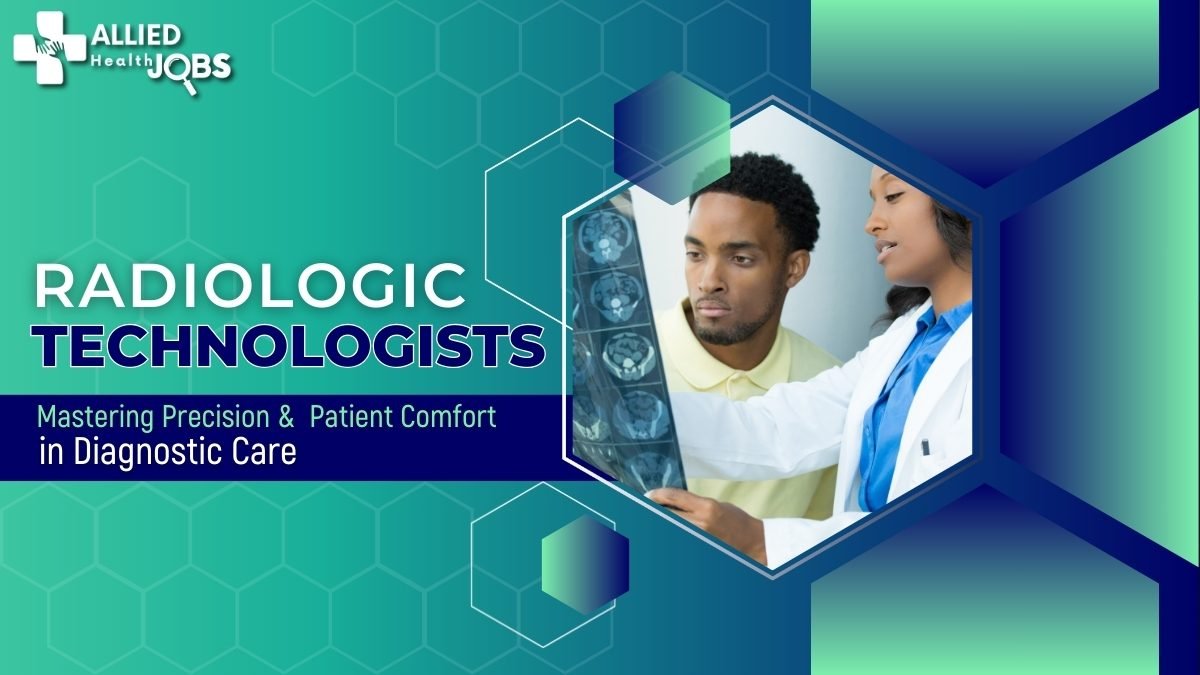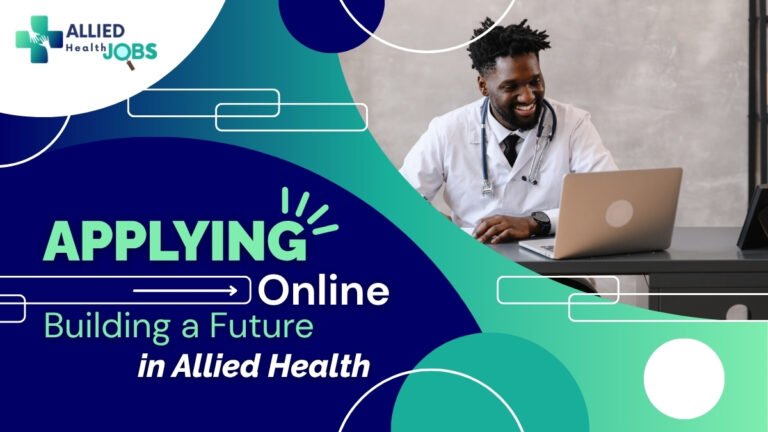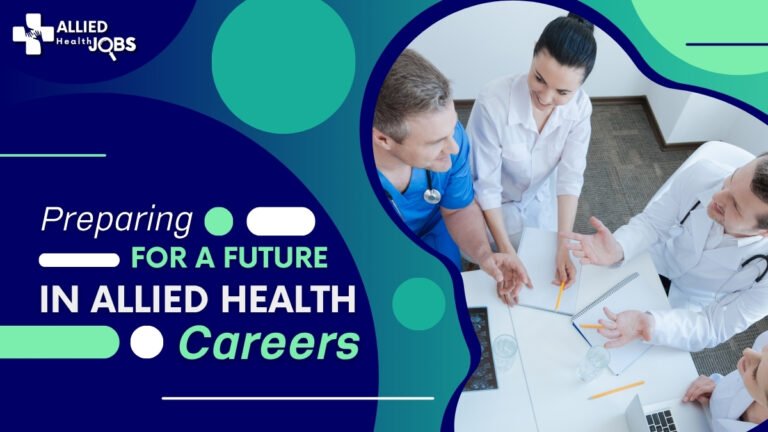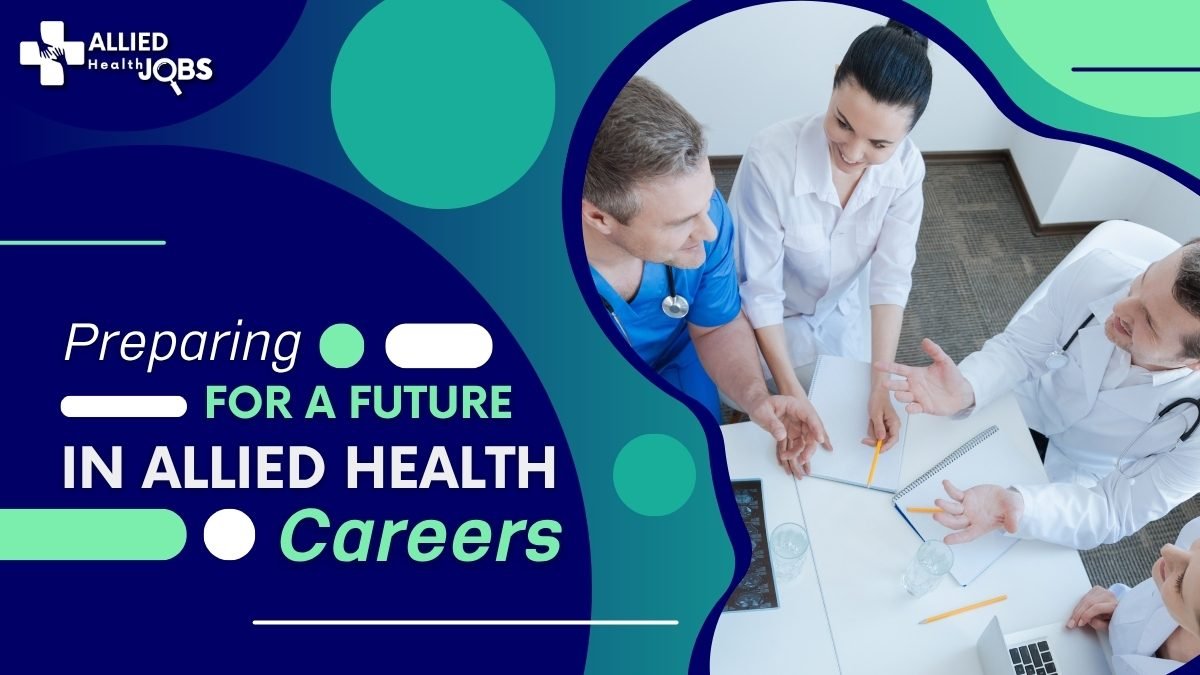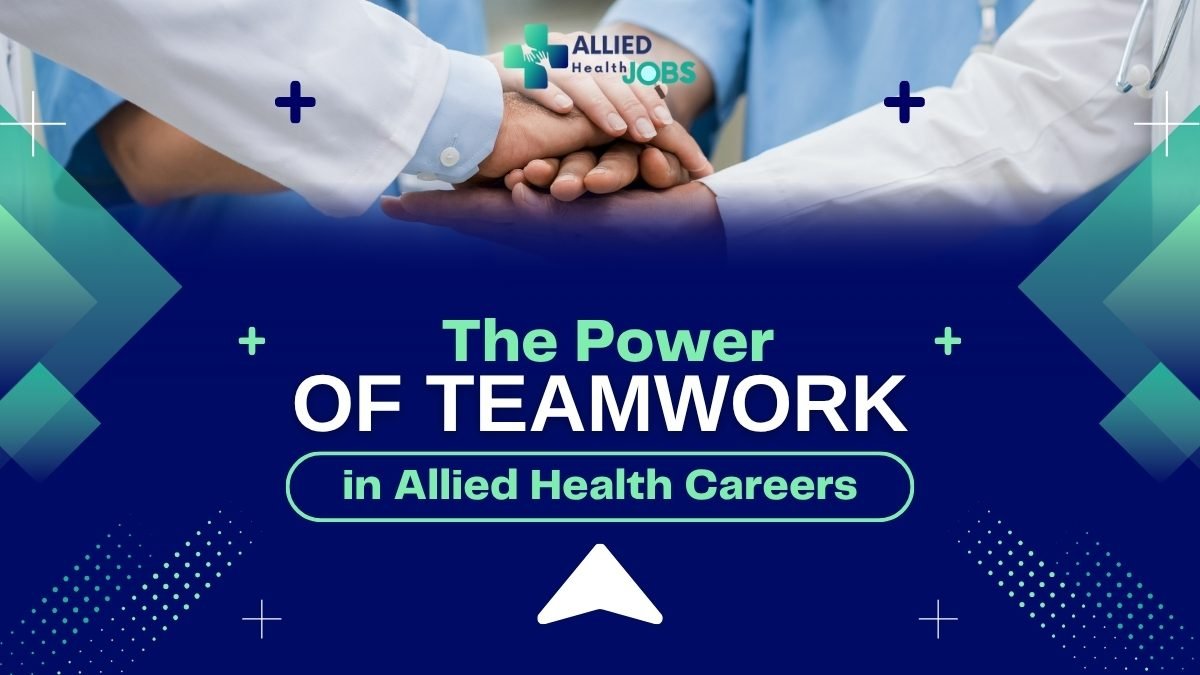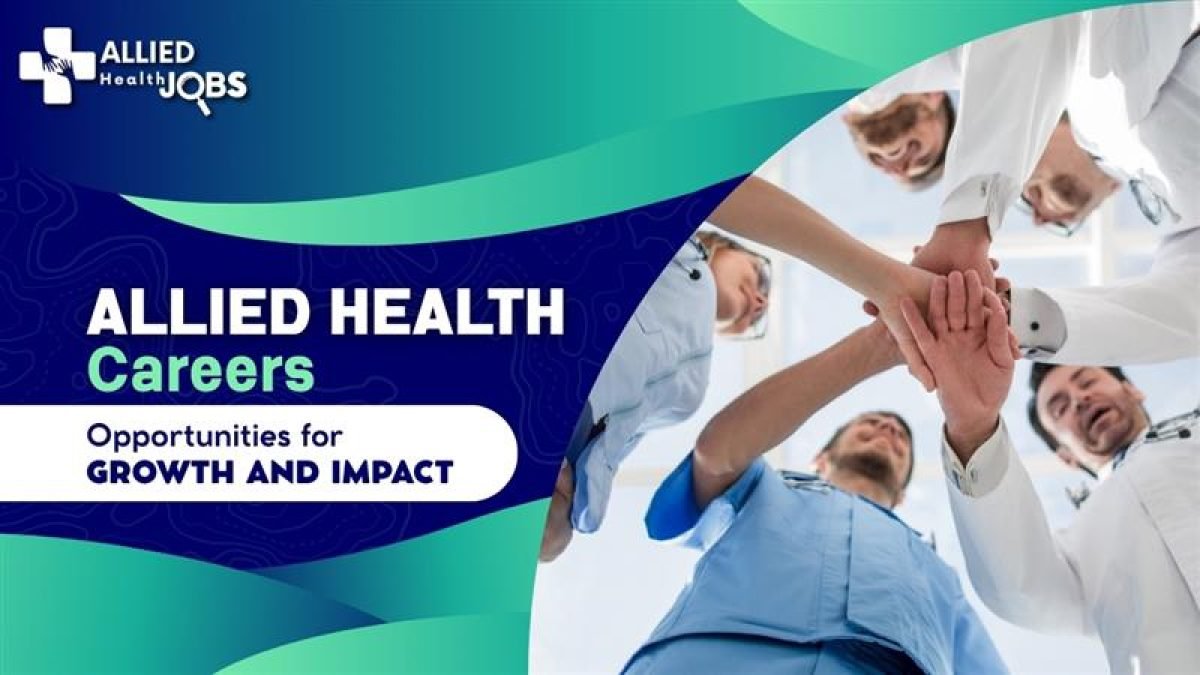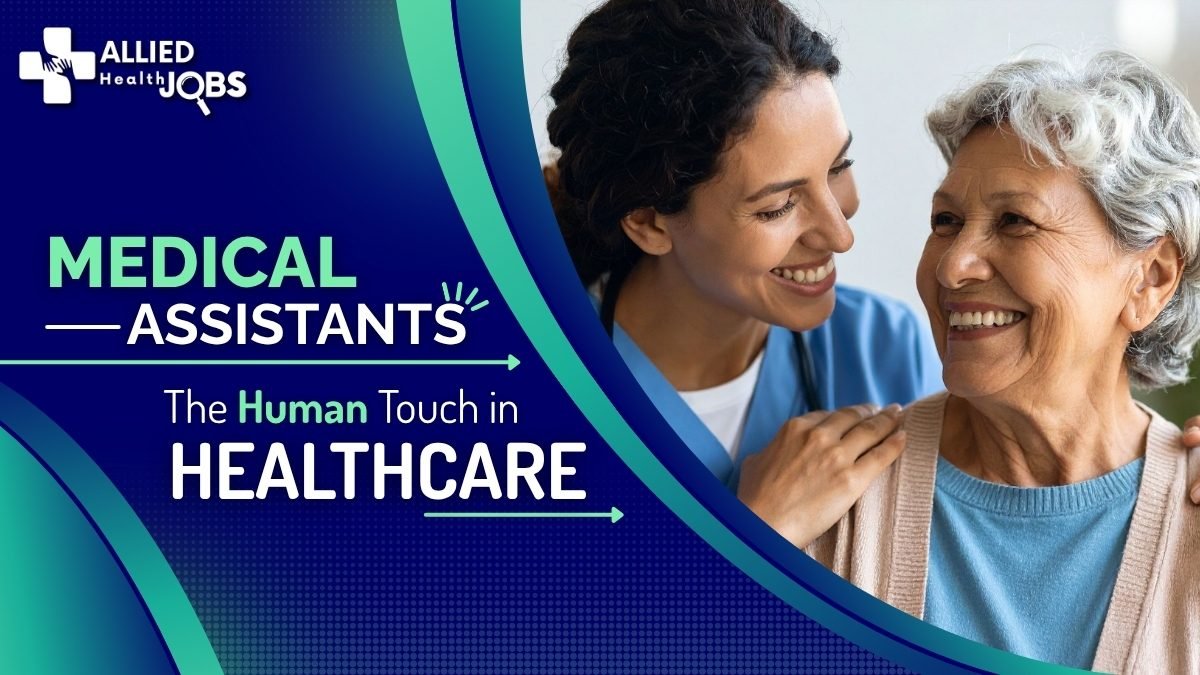Introduction
Allied healthcare professionals softly and silently play vital roles in modern medicine. In fact, they save lives through their accurate diagnoses that bolster effective treatment plans. From imaging specialists and laboratory technologists to allied health workers in diagnostic services, there is none that really can stand alone without complementing the efforts of the physician and nurse. This is why this blog is dedicated to discover the heaviest reliance of diagnostic services on allied health workers and how such a field of health career is both rewarding and future-proof.
Why Diagnostic Services Are Critical to Healthcare

Diagnostic services primarily set the groundwork by discovering diseases and conditions through cutting-edge technology and scientific knowledge. Be it radiologic technologists who undertake capturing X-rays or medical laboratory scientists who process blood samples, all allied health workers shall then funnel their precise efforts into bringing accurate results into the life of health care. Thus, as per insights of the industry, there will be enormous opportunities that surge the demand among the senior population and new emerging chronic diseases, which will eventually make healthcare careers in this field more relevant.
Acute illness detection includes prevention as well. Allied health professionals, for example, perform ultrasounds on pregnant women, looking for developmental problems at a very early stage. If there are any, then treatment can be initiated. uch advances in medical technology have beefed up the importance of these careers for diagnostic capabilities. The allied health professions will be first, but not the last, to adopt these technologies to ensure that the health care systems adapt to ever-changing patient demands. Their work is an indispensable part of what will provide immediate patient care but also translates into lifelong health benefits.
The Role of Allied Health Professionals in Diagnostic Services
Diagnostic services include many diverse functions that allied health workers fulfil, and all of those functions have specialized requirements. For example, radiologic technologists should be trained on the operation of advanced equipment, such as an MRI or CT scanner, which in turn produces the image that visualizes the internal structures of a human body. Similarly, phlebotomists and medical laboratory technicians handle and prepare specimens for analysis and testing accurately. The health professionals work together in a team approach with the doctor, providing the interface between care involved in technology, and patient care.
Allied health workers differ from the rest because they can fuse knowledge with affection. As a nuclear medicine technologist, for example, they administer radiopharmaceuticals and then explain the processes to patients to calm their anxiety. This human touch is important because patients generally feel vulnerable during diagnostic services. Hence, this specific prospect of working in healthcare allows individuals to see the tangible difference their career makes in people’s lives. By trust and understanding, they enhance the overall patient experience above and beyond what would be possible in mechanical care.
The Rising Demand for Healthcare Careers in Diagnostic Services
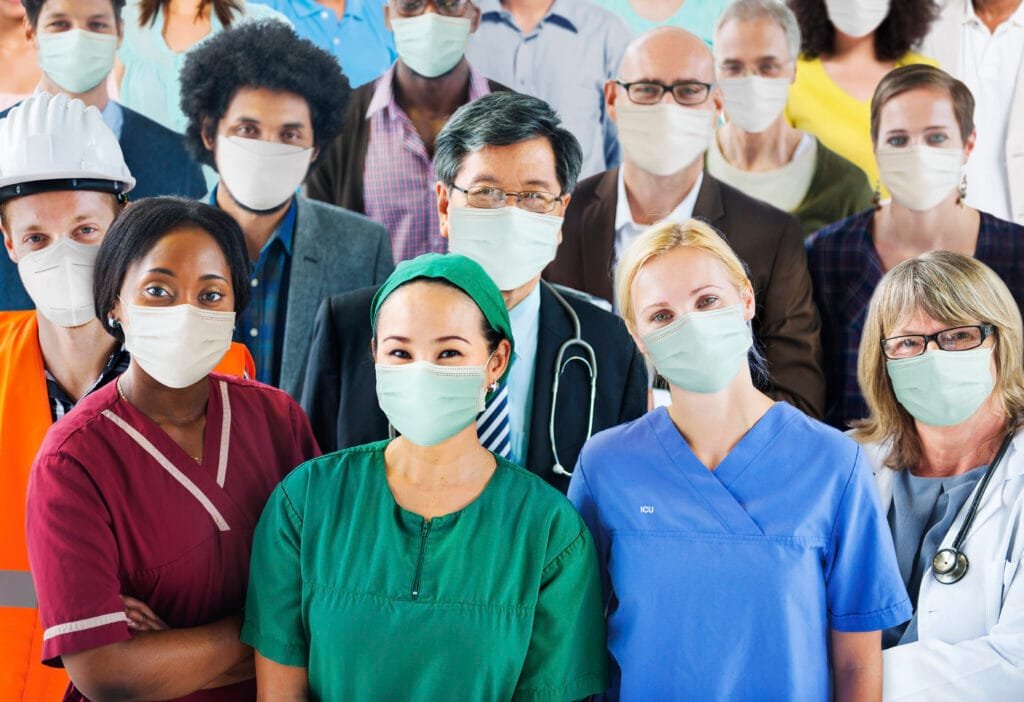
The healthcare sector is witnessing an unparalleled growth opportunity with allied health professions in diagnostic services leading the way. The United States Bureau of Labour Statistics anticipates that demand for careers such as radiologic technologists, medical laboratory scientists, and diagnostic medical sonographers will grow by 7-19 percent by 2032.
Opportunities for healthcare careers in diagnostic services are appealing because of their versatility. Diagnostic professionals can work in numerous settings-from hospitals and outpatient clinics to specialties in areas such as cardiovascular imaging or cytotechnology. Allied health jobs are still a viable option, with good job stability and career advancement opportunities, making them a smart choice for those entering the healthcare field.
Skills and Education for Allied Health Roles in Diagnostic Services
The path to a healthcare career in diagnostic services entails a combination of education and hands-on training. In most cases, the position requires an associate’s or a bachelor’s degree in combination with certification in an area of specialization such as radiography or medical laboratory science. The programs often have clinical rotations built in to give the student hands-on training in applying his or her knowledge. For instance, a diagnostic medical sonographer should learn the techniques of ultrasound, while at the same time learning to effectively communicate the meaning of the images they interpret.
Apart from technical skills, allied health workers should also possess good communication and problem-solving skills. They must be able to analyse complex data, work as a team with other members of the healthcare team, and, most importantly, keep track of every detail. These skills strengthen the trust of patients and providers in the diagnostic services that ensure the delivery of high-quality care. Therefore, the continuous enhancement of professional practice is crucial to updating the allied health professional with new technological advances. Such a very positive attitude towards education will empower the allied health professional to offer accurate and dependable diagnostic results.
Conclusion
allied health workers in diagnostic services are the unsung heroes of modern healthcare accuracy and efficiency. Their flair with cutting-edge technology and dedication to patient care have branded them irreplaceable. With healthcare career opportunities rising in demand, these professionals are steadily paving the pathway for medicine, one diagnosis at a time. Whichever specialty grabs your attention- whether imaging, laboratory work, or another specialty- a career in diagnostic services offers stability, growth, and a truly rewarding chance to change lives. The betterment of society through the precision and care of these careers is what we deem rewarding. Allied health professionals will be the backbone of progress as the healthcare field continues to advance. Their activities ensure that diagnostic services evolve according to medical advancements, thus ensuring a healthy tomorrow for all.
Follow us on Social Media: LinkedIn | Facebook | Twitter | Instagram

